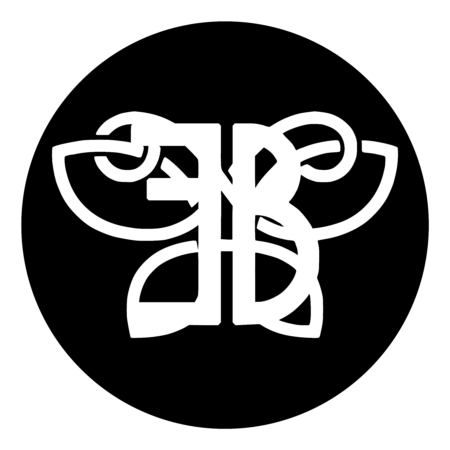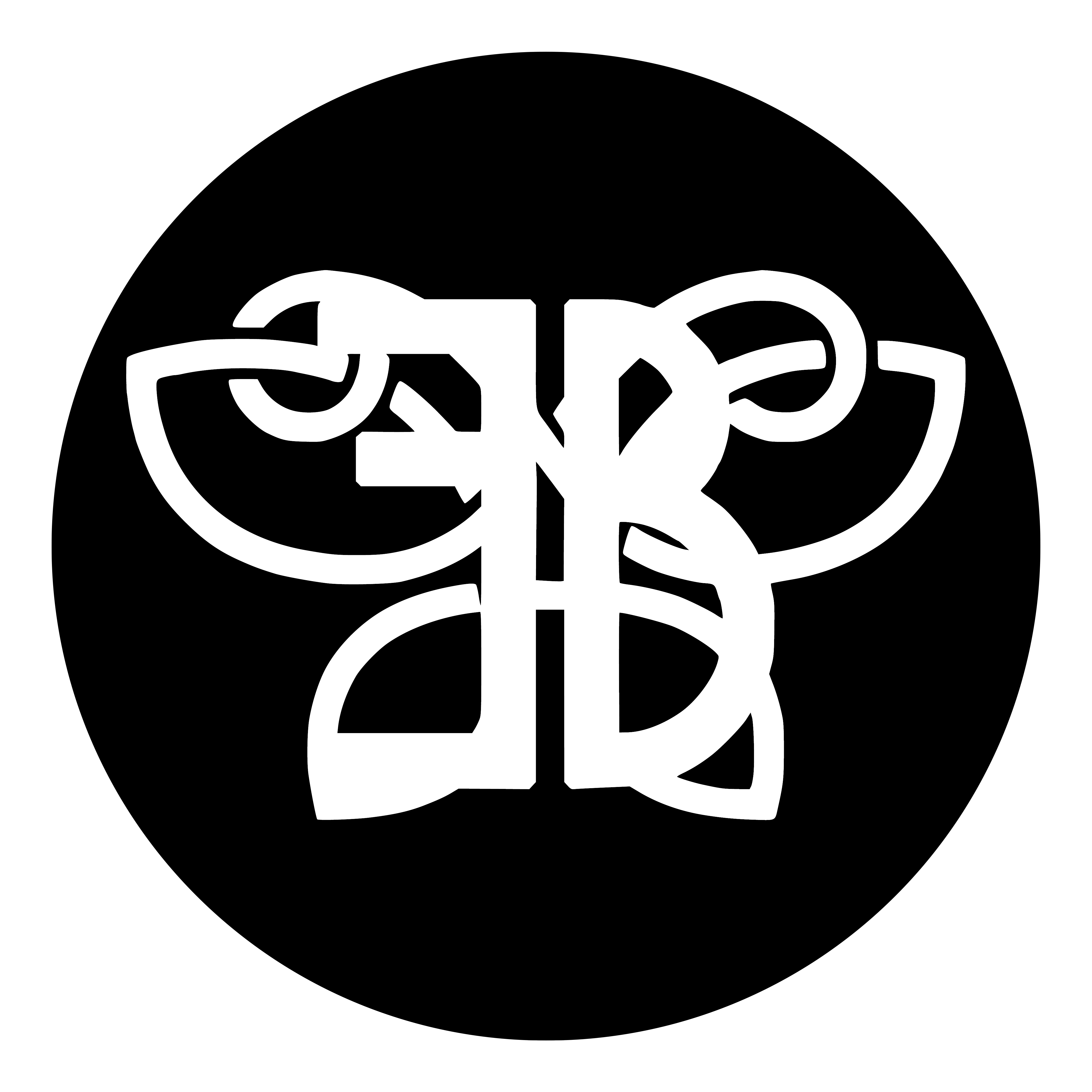Reiki
Origin of reiki
Reiki is an energy art of Japanese origin developed by Mikao Usui at the end of the 19th century.
"Rei" means "universal", "all": matter, soul and spirit. And ki (or Qi) refers to the vital energy that circulates within each individual, as in Chinese medicine. Reiki is the method of bringing orreconnecting universal energy with the vital force specific to each of us.
This energy art was introduced to the West in 1937, in Hawaii, by Hawayo Takata, and spread to the Western world. Treated in a Japanese clinic by Chujiro Hayashi, reiki practitioner and student of Mikao Usui.
Principles
At first glance, it looks like a laying-on-of-hands session performed by a traditional healer. The patient lies on a simple mattress; the reiki master, seated at his side, places his hands flat for a few minutes on the eyes, then on the ears, the temples, finally the stomach, or under the head, under the knees... Not a word. Just calm and concentration.
Nevertheless, this age-old process is present in every human being as a reflex, by spontaneously placing the hands where the pain is felt. In this process, the practitioner acts as a channel for universal energy, transmitting it to the patient to restore his or her vital force, without committing personal energy. This energy is directed to the areas of the body most in need.
Reiki recognizes that a low level of energy in the body leads to a general state of vulnerability. And when energy flows evenly and harmoniously, the person feels more connected, aware and grounded in the present moment. This environment is conducive to balance at all levels of being, spiritually, psychologically and physically.
Reiki is also philosophical. Inspired by Buddhism, Shintoism and meditation techniques, in a holistic dimension. The aim is to find peace within oneself. It's a veritable "art of living whose principles help everyone to flourish, to feel in harmony with the world around them".
When to use Reiki
In big cities, but not only, people come to Reiki "for reasons of depression, burn-out or excessive stress at work. Others are just tired of life and overexposed to noise and electromagnetic waves. Some no longer sleep. Still others come out of curiosity. The target is not necessarily the body, but also the mind, emotional blockages and sleep problems.
The consultant uses it to learn to let go, to relax, to silence the inner monologue. They want to rebalance themselves so they can live serenely on a daily basis. Sometimes it's to soothe deeper troubles. Reiki practice complements other techniques and allopathic medicine. We recommend "a series of four sessions every six months for a healthy city-dweller. For those in pain or ill, a different, more sustained approach is suggested. Consultations can lead to personal training so that the work can be carried out independently, without depending on a practitioner".
"We always encourage people to consult their GP and follow his or her advice."
What are the health benefits?
Like all holistic practices, Reiki allows :
- soothe body and mind
- provide a sense of well-being
- harmonize energy flow
- promote a state of relaxation
- support healing potential
and, as a result, regain restful sleep, better blood circulation, less physical pain and less stress. This is the principle of self-healing. "Once the body and soul are ready to trigger this healing process, it can take place naturally at its cause. You just never know when. There are people who, after a dozen sessions, still haven't solved their problem, just as we get results in a single appointment. Knowing that Reiki naturally goes to the most urgent target, the problem solved won't necessarily be the one for which the person initially came to consult".
A placebo effect?
What's really going on?
Any skeptical person can imagine that there's nothing more than the light touch of the therapist's hands on our body," recounted one consultant. I'm a very pragmatic person, and I don't believe in these stories about personal or universal energy. But in this case, I was forced to admit that the warmth emanating from this contact was far from usual. It was much more intense. It was even more intense in my right knee, which had been operated on ten years ago. But the reiki practitioner knew nothing about it.
This unusual warmth, felt by both donor and recipient, is considered one of the "objective" realities of the technique. "When you place your hand on a blocked area, you first feel cold. This means that this part of the body needs a much greater input of energy. We therefore need to hold the same position for three to six minutes to restore balance. When it comes to our psychological problems, reiki masters explain that there's nothing immaterial about our mind. It's a real energetic entity: a psychic blockage, a neurosis, a phobia, etc., are therefore energetic "knots" that can be dissipated by "massaging" them.
But isn't Reiki simply a placebo effect, that purely unconscious psychological reaction which allows the body to heal itself as soon as we believe in the power of a treatment? "It's true that feeling human contact, letting yourself go into the hands of someone who cares for you, can provoke considerable well-being, even triggering a healing process" ... So how do you explain that this technique also works with animals? We could talk about "emotional transference", but what about plants, which seem to grow faster after a hands-on session?
The problems posed by reiki to rational minds are such that numerous scientific experiments have been carried out in the USA, Germany and Japan. They show that, during a treatment with a traditional healer or a reiki therapist, physiological reactions do indeed occur in the patient... without, however, the cause being understood.
For whom?
Reiki is for everyone, children, adults and pregnant women.
How does a Reiki session work?
"The session begins with a ritual call to (inner) energy, then the practitioner applies his or her hands in precise positions all over the body of the clothed person lying on the massage table. Sometimes in contact with the body, sometimes a few centimetres above it," explains the energetic therapist. I let the energy flow through my hands. The sensations generally perceived are gentle or intense heat, tingling, energy flows, a sensation of warm water flowing through the body. Other effects are common to many, such as the palpable impression that the hands are still resting in one place or another when they're already elsewhere. Reiki reaches its target on its own, respecting the person's rhythm.
Remote Reiki
Remote Reiki is "very effective and complementary to live sessions. But it doesn't work at the same level, and doesn't replace them.

Reiki dangers and contraindications
"There is no danger in the practice of Reiki. The worst that can happen during a session is "nothing". This often happens when the person is closed at the time and not receptive. There are no contraindications, even if I prefer not to give a session to someone under psychiatric care, without working closely with their doctor.
I would like to remind you, and always will, that "no reiki treatment can replace allopathic treatment or surgery". Reiki treatment can simply help in specific cases
What kind of training?
Reiki training comprises four degrees and is always practised individually:
- 1st degree initiation (sufficient to practice on yourself or those around you),
- through the 2nd and 3rd degrees to evolve in your practice and your personal path,
- to the 4th degree to become a Reiki Master Teacher. There is no official professional training, but only a certified Master Teacher who has been practicing for many years will be able to certify you.
"Reiki cannot be learned from books, nor can it be taught in a totally theoretical way. There is the presence of the master teacher, who transmits the vibration of Reiki through himself, and this intimate, profound experience is necessary. Learning Reiki is above all an energetic and philosophical journey. This process can stem from a desire to pass on the energy you've received.

Duration and cost of a reiki session
On average, a reiki session lasts between one and one-and-a-half hours and costs around 55 euros .
Prices for introductory courses are subject to change (please consult us).
Reiki (in the form of a session or initiation) is not reimbursed by the French health insurance system. However, some mutual insurance companies involved in alternative medicine offer reimbursement of sessions in the form of a yearly package. Ask your health insurance provider for details.

